Is your water heater acting up? Does it make odd noises, or are you not getting the hot water you need? If so, then it might be time to replace it.
If you are unsure if it is time to replace your water heater, there are a few signs or indications that could tell you that it could be nearing the end of its life. Being aware of these indicators can help you save money and avoid damage to your home in the future.
Knowing when to replace your heater can be a difficult decision because repairs may not always be cost-effective, so it’s a good idea to familiarize yourself with these signs ahead of time.
Signs of a Failing Water Heater
It is important to know the signs of a failing water heater so you can be sure to replace it before any catastrophic damage. Below are common signs that indicate it may be reaching the end of its life:
1. Rusty Water
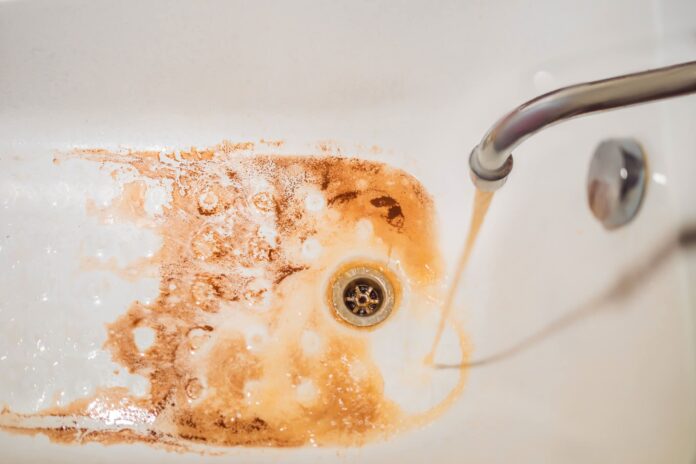
One of the most obvious signs of an aging heater is rusty-colored water flowing from faucets or showers. This could simply be caused by rusting tanks or pipes.
2. Leaking
Leaks can occur anywhere in the system, either from the tank, valves, or connecting pipes. A slow drip might not appear like a major problem, but if not caught early on it can cause large amounts of damage and lead to unforeseen repair costs.
3. No Hot Water
If your hot water isn’t working consistently, it’s likely time for a replacement. An old insulation blanket or mineral deposits can insulate heat from escaping and make warm water harder to come by.
4. Strange Noises Coming From Tank
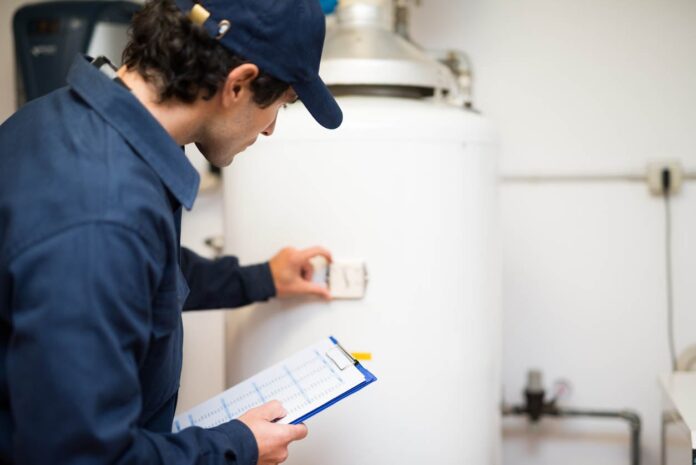
As tanks age, they begin to build up sediment and corrosion begins inside them. The corrosion can cause strange noises like knocking or banging which indicates failure is imminent and requires replacement quickly for safety reasons.
5. Age
Generally speaking, most residential heaters last about 8–12 years depending on their manufacturer, and care is taken when it comes to maintenance and upkeep. If your current one is nearing 10 years then it’s probably time for an upgrade!
Causes of Failure
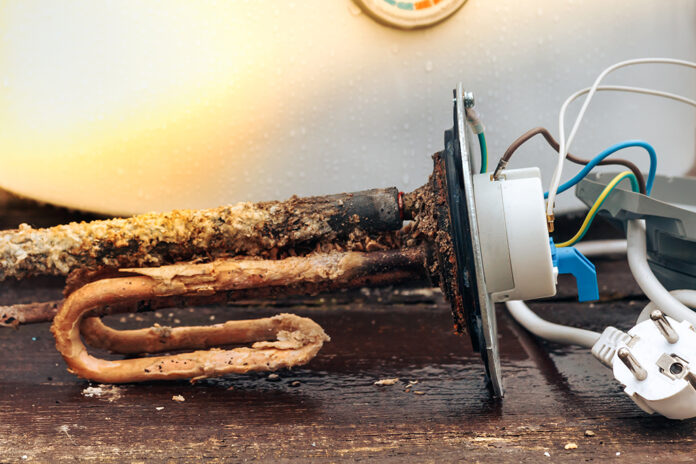
When a water heater enters its end of life, there are several common failure modes. It can be useful to know how to diagnose these issues in order to determine whether it needs replacement or repairs.
The first and most common issue is leakage. This type of particular failure results in pooling water around the base of the tank, or discolored areas on walls and ceilings due to water seeping out through hairline cracks or defective parts in old tanks, particularly those with mineral buildup from hard water conditions over time.
Leaking emissions from faulty valves or deteriorated seals can also result in leaking and eventual flood damage if not detected early enough.
Corrosion is another major reason for a failed heater. According to water heater experts, this occurs when sediment builds up over time, eventually deteriorating the interior wall of the tank and causing corrosion that may form pinhole leaks or reduce efficiency due to mineral clogging of dissolved parts within the system.
Interior rusting can also lead to increased maintenance costs since different components must be serviced or replaced on a regular basis as part of preventative measures and repairs when needed.
Electrical problems are another frequent cause for early replacements due to recurring issues such as faulty thermostats, incorrect wire connections, improper surge protection settings, higher than normal voltage input into electrical connections which will create a short-circuiting situation leading to heating element failure, and other issues over time.
Other factors include complete loss of hot water pressure from warping metal parts from rust development caused by sulfur-based bacteria eating away at metal housing interiors creating instability for essential components such as anodes, heat exchangers, and dip tubes―all of which must remain intact for efficient performance during operation at peak performance levels.
What options are there?
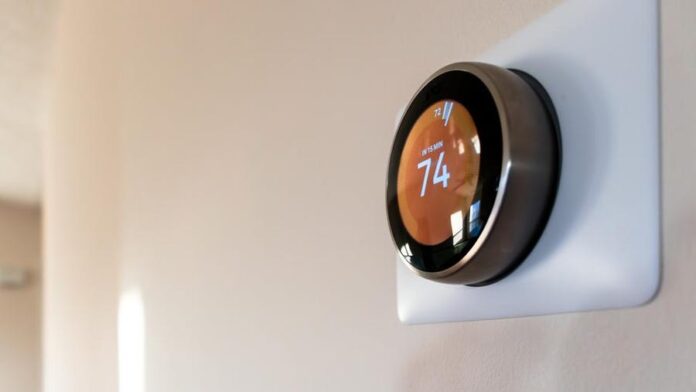
Choosing a new heater can be a complicated process because there are several key factors to consider. Start by evaluating what type of water heater is best for your particular situation. The most common types are gas, electric, and tankless heaters.
Gas models tend to provide a more consistent flow of hot water than electric, however, they do require more upkeep and maintenance than their electric counterparts. They also will likely require professional installation.
Electric heaters don’t produce carbon dioxide or other pollutants, which makes them environmentally friendly and cost-effective when operated in conjunction with an energy-efficient home heating system.
Electric also tends to consume less energy than gas and doesn’t require annual maintenance checkups—but you may want to check the anode rods occasionally as part of your preventative maintenance routine.
Tankless or “on-demand” models only use energy when hot water is actually needed rather than continually storing the supply in the tank— helping to save money on utilities over time.
It is important to note that even though tankless models are often listed as having “endless hot water” this assumes that you don’t exceed the capacity of whatever type of model you choose. For outside installations, it’s also necessary to make sure that your appliance is rated for outdoor use—or use weatherproof covers if applicable.
Whichever type you choose, it’s important to make sure it’s properly sized for your application—including special service factors like incoming temperature if applicable — and meets all local plumbing codes too!
Once you’ve decided on a type, look at additional features like self-diagnostic capabilities, digital temperature monitoring, etc. With all these considerations taken into account, you’ll ensure that you have a reliable source of hot water for years to come!
How much will it cost?
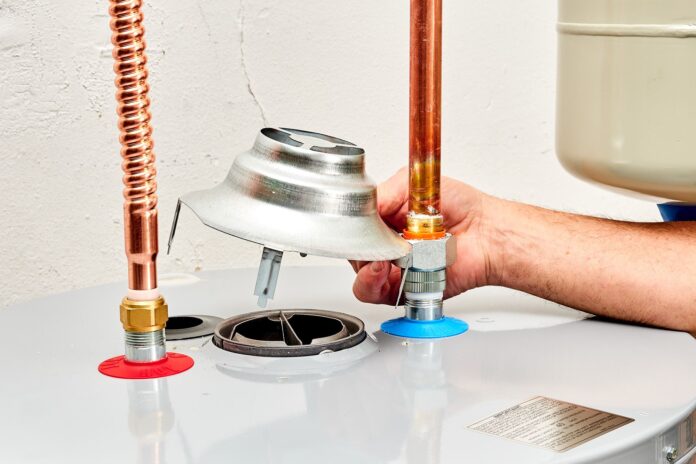
The cost of replacing a water heater can vary depending on the type and size of the heater, labor costs, and any additional related materials. In general, an average electric tankless water heater replacement costs between $1,500 and $2,500.
This still doesn’t include installation fees or applicable taxes. Gas tankless water heaters are slightly more expensive than electric ones with an average price ranging from $2,000 to $3,000.
To sum up
In conclusion, it’s important to understand how much life a water heater is expected to have before you decide to replace it. You can check for signs of wear and tear on your water heater and should also look out for any unusual sounds, smells, or changes in performance.
If your water heater has been in operation for more than 8-12 years and is showing any signs of wear and tear, you should seriously consider replacing it.







